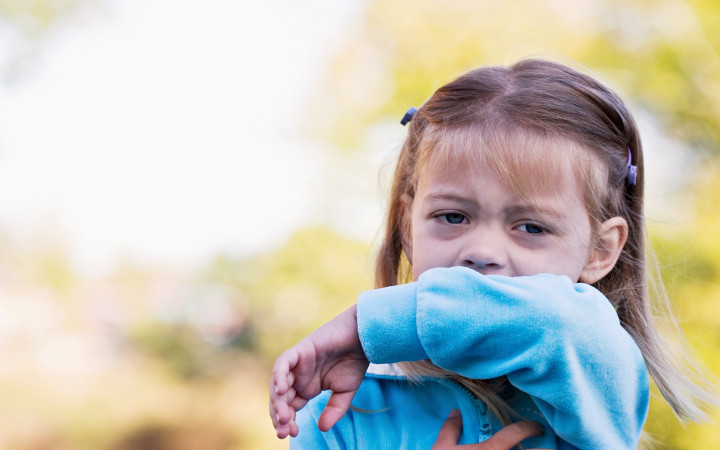Today’s Wonder of the Day was inspired by Elsa. Elsa Wonders, “What is the Wuhan Coronavirus?” Thanks for WONDERing with us, Elsa!
You’ve probably been affected by the topic of today’s Wonder of the Day. Maybe your school closed, and you took part in e-learning. Perhaps businesses in your community, like restaurants and movie theaters, shut down. It’s possible that you were sick or got a vaccine. Since 2020, kids all over the world have been wondering: What is COVID-19?
COVID-19 is an illness. It’s caused by a novel coronavirus. When a coronavirus is “novel,” that means it’s being seen in humans for the first time. When an illness is new, doctors do not know which treatments will work. Scientists have not developed vaccines to prevent the spread of the virus.
In the past, other coronaviruses have caused many illnesses. Some of these are fairly mild, like the common cold. Others are more severe. One example was the coronavirus that caused a Severe Acute Respiratory Syndrome (SARS) outbreak between 2002 and 2004. But the one that causes COVID-19 is different from these.
In January 2020, the World Health Organization (WHO) declared COVID-19 a Public Health Emergency of International Concern. The first identified cases of COVID-19 were in Eastern Asia. From there, it quickly spread across the world. On March 11, 2020, the WHO declared COVID-19 a global pandemic. These declarations alerted citizens, leaders, and the scientific community for the need to take action to fight COVID-19.
By April 2020, there was a worldwide response to the COVID-19 virus. Many countries closed their borders. Officials canceled large gatherings such as concerts and sporting events. National and local leaders told people to stay home to keep the virus from spreading.
Scientists began working on new vaccines. They used existing knowledge and technology to create new COVID-19 vaccines. These vaccines would help people develop immunity to the virus. By the winter of 2021, adults began receiving vaccines. The number of people who got very sick or needed to be hospitalized went down.
In May 2023, the WHO declared an end to COVID-19 as a World Health Emergency. COVID-19 has become part of people’s lives. Since the vaccines, doctors treat it as a more routine illness like the flu or other viruses. Symptoms of COVID-19 include fever, chills, cough, headache, sore throat, and new loss of taste or smell. Some people will have very mild symptoms. People who have had a COVID-19 vaccine are less likely to have serious illness.
However, even though COVID-19 has become more routine, people may get very sick. Some people are at greater risk for serious illness. People over the age of 60 are at a higher risk for complications. So are those with chronic conditions like heart disease, lung disease, and diabetes. People who have suppressed immune systems are also more likely to have problems. If a person is having trouble breathing, experiencing confusion, or cannot stay awake, they should go to an emergency medical center.
Anyone who has symptoms should stay away from other people. They can take a COVID-19 test. A positive test means that the person is infected with the virus. People with an infection should isolate. If they must be around other people, they should wear a medical mask to keep from spreading the virus. They should also tell people that they have recently seen. Those people will also need to take a COVID-19 test.
What can you do to avoid getting and spreading COVID-19? Stay up to date on your vaccination. People may need COVID booster shots every year. Stay home if you feel sick or have symptoms. As always, be sure to cover sneezes and coughs. If possible, sneeze or cough into a tissue and then throw it away. People can also wear masks when they are in large crowds or in other public places.
Thanks to doctors and scientists, people know much more about COVID-19 than they did in 2020. But scientists are also still studying the virus so they can understand how it affects the human body. What they learn can help experts fight future pandemics when novel illnesses appear.
Standards: CCRA.R.1, CCRA.R.2, CCRA.R.3, CCRA.R.10, CCRA.L.2, CCRA.L.3, CCRA.L.4, CCRA.L.5, CCRA.L.6, CCRA.SL.1, CCRA.SL.2, CCRA.W.2, CCRA.W.4, NGSS.LS2.C, NGSS.ETS1.A, NGSS.PS2-1, NHES.#1




